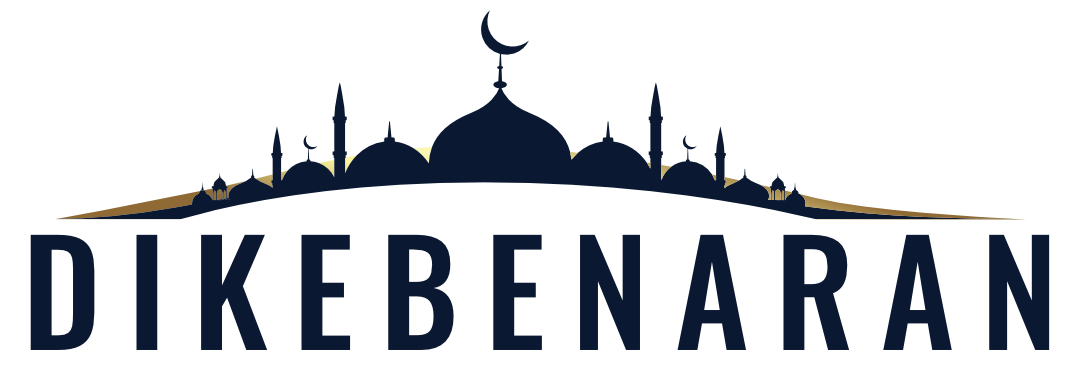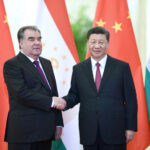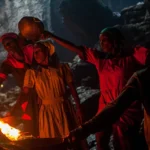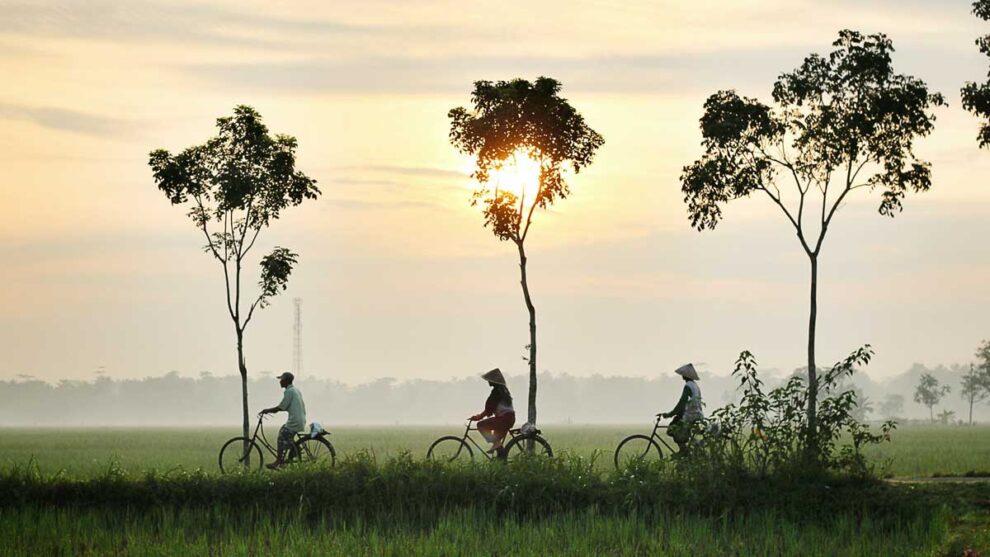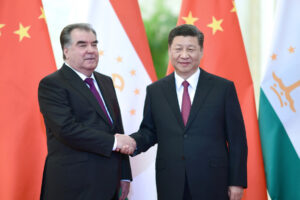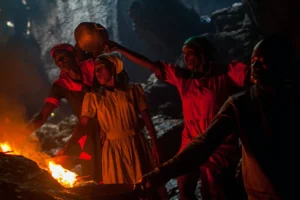The passage of UN Security Council Resolution 1325 on 31 October 2000 is considered a victory for women’s organisations, governments, UN Women and others to place the women, peace and security (WPS) agenda at the centre of the security council’s work (Otto, 2010). This resolution is also considered a progressive gender equality agenda because it began to challenge the idea in many collective images and records that many portrayed women only as victims in war situations. Shepard (2011) agrees with this, stating that through Resolution 1325, the Security Council began recognising women as actors and not just victims.
The WPS agenda broadly rests on four interrelated pillars of Participation, Protection, Prevention, Relief and Recovery. Participation calls for women’s full and equal participation in all peace and security settings. Protection calls for protecting women and girls from gender-based violence (GBV) amidst conflict and instability. Prevention calls for conflict prevention by engaging women’s groups, involving women in peace processes, and preventing all forms of GBV in fragile environments. Relief and Recovery calls for improved gender-responsive relief and recovery and demands that women are given a meaningful role in developing relief and recovery plans (UNDP, 2019).
At its inception, the discourse of resolution 1325 was still dominated by Western countries, whereas cases of gender inequality occurred worldwide. Many scholars have argued the need to move away from the usual Western-centred study of international relations to learn more about other parts of the world (Acharya & Buzan, 2017; Kang, 2003). The WPS agenda offers one of the most striking examples of how gender equality studies and discourses that are largely Western-centred and utilise Western ideas and theories are being discussed in the global South. The question then arises as to how the politics, structures and values of resolution 1325 may function differently in a particular region such as Indonesia.
Of course, we remember that Indonesia was a permanent member of the UN Security Council in 2020. Under Indonesia’s leadership, the UN Security Council passed Resolution 2538 on women and peacekeeping, the first resolution on peacekeeping devoted entirely to women. Indonesia is well-known as one of the countries with the most outstanding commitment to peace in the world. This contribution has been made consistently by Indonesia even until the end of March 2023; Indonesia is listed as the most significant contributor of troops to UN peacekeeping missions in ASEAN and is the eighth largest contributor of troops globally. Indonesia deployed nearly 3,000 uniformed personnel, with a percentage of 170 female personnel (MOFA Indonesia, 2023).
Legal Overview
It is interesting that Indonesia is now trying to implement a more liberal agenda into structures that are not as liberal as the West, where the Agenda was set. As Tallberg et al. (2020) point out, it is often easier for countries that are more liberal and democratic to adopt new liberal norms than countries that are not. However, as Acharya (2004) emphasises, this has much to do with the degree of adaptation, localisation and general acceptance of the norms, especially the less familiar ones.
Resolution 1325 directly refers to the treaties, calling on all parties to armed conflict to fully honour their obligations under Geneva Conventions 1949 and Additional Protocols 1977; Refugee Convention 1951 and Protocol 1967; and other UN Treaties, including CEDAW and its Optional Protocol 1999; CRC and its two Optional Protocols 2000; and Rome Statute 1998. Based on the clause of Resolution 1325 in operative paragraph 9, to further emphasise the commitment to compliance with these humanitarian law foundations, the Security Council recommended developing a National Action Plan (NAP) to implement Resolution 1325 and related resolutions on women, peace and security.
As such, the four pillars of the WPS reflect existing state obligations, mainly to fully implement international humanitarian law and international human rights law to protect women and girls during and after conflict. Swaine (2009) argues that the action plan will continue to gain momentum as a strategy to bring attention to Resolution 1325, and whatever its shortcomings, it will undoubtedly be used as a tool to compel states to act. As such, however, it is critical to the effectiveness of the NAP to evaluate its performance and impact against reliable indicators by looking at the participation of women (and girls) in the NAP process.
Critical Notes for Implementation in Indonesia
Indonesia’s dedication to peace is not only in the deployment of peacekeepers but also in institutionalising the idea of gender equality in national policy. Within the global framework of Resolution 1325, Indonesia has attempted to localise the WPS agenda into a National Action Plan (NAP).
In 2014, through Presidential Regulation (Perpres No. 18), Indonesia adopted the “National Action Plan for the Protection and Empowerment of Women and Children in Social Conflict 2014-2019” (NAP P3A-KS). The Ministry of People’s Welfare developed it. This first period of NAP is intended to guide government agencies in protecting and empowering women and children amid social and communal conflict through data collection and monitoring processes for women and children in conflict areas and the level of gender-based violence in those areas.
Howe (2022) analysed a set of codes from the WPS Agenda document and then used them to assess the NAPs of countries in Southeast Asia and came up with interesting findings. The central Agenda of the WPS implies that women should be leaders, decision-makers, and peacebuilders. On the other hand, Indonesia’s NAP does not clearly state how women will be empowered, and there is no statement about women’s participation in leadership. What Indonesia presents more is how women can be helpful in conflict and work in exemplified jobs, especially jobs far from leadership and peacebuilding positions.
Instead of integrating the WPS agenda in the statements and clauses made, this women’s leadership agenda stands alone, separate from the WPS agenda. WILPF (2018) recorded that 73 women have been elected as regional heads or deputy regional heads since the last election. Since the last general election, Indonesia has formulated a grand design to increase women’s representation in parliament for the upcoming general election in 2019. In 2018, the number of women running for office increased. Almost 10 per cent of the candidates in the parliamentary and regional head elections were women. The mainstreaming of women leaders for peace is being encouraged separately through different policy products.
Not stopping at the first phase, the second NAP on WPS (2020-2025) was adopted in July 2021 after the National Digital Consultation on Reviewing the National Action Plan on Women, Peace and Security in Indonesia under the leadership of the National Counter Terrorism Agency (BNPT). The UN Women (2023) report on WPS in Indonesia notes that the multidimensional impact of the COVID-19 pandemic and the rise of online disinformation have exacerbated gender inequalities and fuelled pre-existing social tensions, divisions and conflicts. Finally, this second NAP incorporates new and non-traditional security issues considered priorities for Indonesia, including the prevention of violent extremism (PVE), intolerance and radicalisation, land disputes, and the prevalence of misinformation and disinformation, including fake news and hate speech online.
At the ASEAN regional level, BNPT also led the development of the ASEAN Action Plan to Prevent and Counter Rising Radicalisation and Violent Extremism 2019-2025 (Bali Work Plan on PCRVE), which includes a gender-responsive approach to PVE and cross-sectoral collaboration with various ASEAN sectoral bodies to ensure that the Bali Work Plan on PCRVE considers the role of gender and the needs of women in preventing violent extremism. These bodies include the ASEAN Committee on Women (ACW) and the ASEAN Commission for the Promotion and Protection of the Rights of Women and Children (ACWC). Thus, a new era of FSW in Indonesia is underway.
Conclusion
Considering the implementation of the National Action Plan on FSWs above, it is essential for Indonesia and other countries implementing it to pay attention to several things. As described by Krystalli (2020), the emphasis on protection and victimisation in the NAP P3A-KS is problematic because it suggests that women are merely victims of conflict rather than agents of change. As such, the NAP P3A-KS undermines the understanding that women can and should be active participants in shaping policy and upholding peace and security, which may explain the limited attention to women’s participation. This is still the case in Indonesia’s National Action Plan on FSW for 2014-2019, which still focuses on protection and needs to make more mention of women’s representation or leadership in many NAP WPS documents.
Taking a critique from Tallberg et al. (2020), who highlighted the lack of commitment to liberal norms, especially in the Asian region. In reality, if actors in the international community do not truly understand, assume, and have the same view of what “should” be, then it is likely that international cooperation such as that contained in the WPS Agenda will have minimal results and even risk causing conflict in the long run. This could happen to Indonesia, as exemplified above, but also to countries that have yet to commit to the WPS Agenda.
Source: Modern Diplomacy
